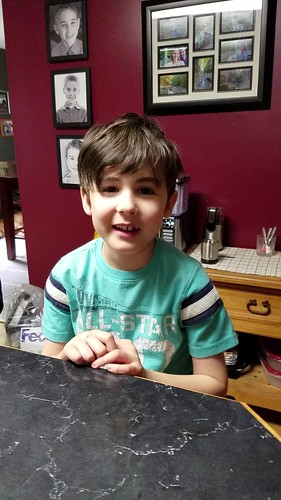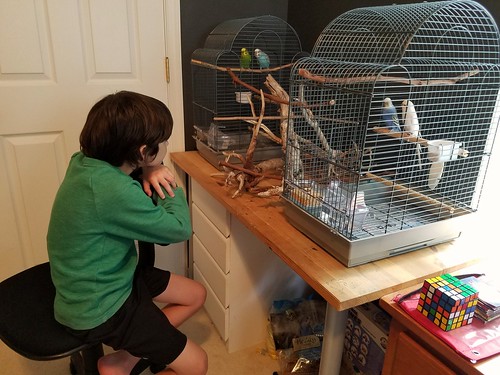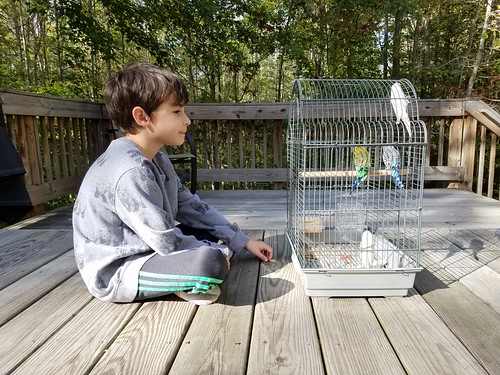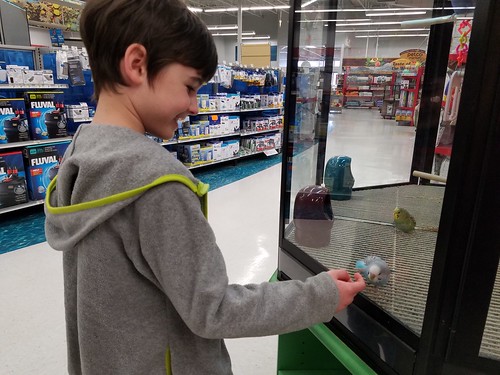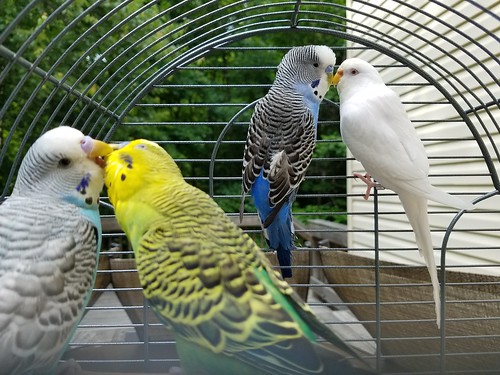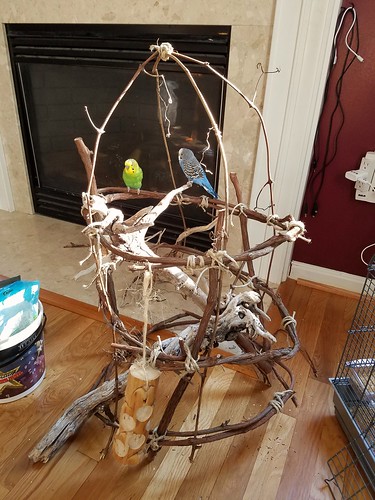As it stands right now I have 7 draft blog posts waiting in the queue. I don't know if they'll ever be finished. I didn't like the last post, and it was written months ago... but, I decided to let it live anyway. I want to delete it. It's passive aggressive and I don't like it. I agree with the content, but I don't like it. I have a really hard time allowing "imperfect ideas" to be broadcast. I am constantly changing and growing, and writing has always been a place for me to reflect back and learn something about myself. Generally speaking, it's not what I've done right, but what I've done wrong. So, there are plenty of things I say that I don't feel I explained well or that I don't even agree with anymore. They are these weird over-exaggerations or reactions to ideas that I haven't fully processed. I get super nervous about sharing, no matter how favorable the reactions have been.
I have a hard time deciding whether or not to publish imperfection, even though I logically know that nothing will ever be perfect! Here I am, trying to model "mistakes are normal" behavior, but I know I have a hard time acting on that truth in certain areas of my own life. I say expressing personal boundaries is very important, but I routinely practice avoidance of expressing those boundaries. I am especially unsure about intellectual and social boundaries. I do not speak my mind like... ever... when I am in uncomfortable situations. I want to model behavior to my kids that says "your opinions and wants are valuable", but I have a really hard time buying into that for myself. Lately I have been doing a pretty awesome job at saying what is bothering me, and the response has never been the gigantic emotional outburst I feared. But, I also have realized I am in some pretty emotionally abusive relationships and am unsure of where to go from here. I have also had the displeasure of realizing I myself am guilty of being emotionally abusive and am working to repair those mindsets and behaviors. I'm stuck not knowing whether my reactions are the result of creating healthy boundaries, or whether I am still operating out of fear. I don't feel healthy enough to be honest in the moment, and I avoid people who would test me. I find myself not understanding how I actually feel because I have no practice with it. I have a lot of questions I cannot answer. This of course all plays out in relationships with other people. Communicating honestly and directly with others has never been my strong point. But I'm working on it.
This has kept me from being able to maintain friendships. My friendships that did last for any period of time tended to be with mentally-ill people and I focused on
helping them or
fixing them. I could be honest with them because they were "more messed up than me" so it was safe
. But, I still would justify not expressing my wants in those relationships as a means to help the other person. I would spend all of my time with them, avoiding self-reflection, avoiding living my own life. It's not helpful. Those relationships were about avoiding my own self-analysis and self-discovery by focusing on someone else. Those relationships were about being linked to someone who makes me feel superior and bolsters my self esteem a little. Sometimes those relationships were about being more comfortable as a codependent and pushover rather than an equal partner. I in no way regret those friendships and I love those people. I learned a lot from those relationships, but I am ready for healthy friends now. I'm ready to be a healthier friend now.
How do I know? I have healthy friends! I've been fostering new relationships with healthy people and it is completely new to me! I remember when I first tried to reach out to people I actually admired I was filled with the dread of rejection. No way am I worthy of this friendship! It took me weeks of conversations before the voice in my head stopped telling me the person was only there because they "felt bad for me". Now I see that's because my old friendships were mainly built on feigned guilt and a need to feel like the
better person so I would have control in the relationship (like that ever really happens). Any healthy friends I had in the past I never speak to... why would I? They don't want to hear from me! I don't know what a healthy friendship looks like because all I have to go off of are movies, TV, and trial and error. I find myself asking questions that shouldn't be so difficult to answer.
Do I really feel this way or do I just think this is how I am
supposed to feel?
Have I chosen this friend because I actually like them and benefit from this friendship, or do I feel an obligation to mirror their emotions about me?
Have I chosen this friend at all or am I being forced into a relationship?
Can I trust myself to know how I feel and stand up for myself with this person?
Do I want this relationship or am I allowing it out of guilt?
Where did this come from? I've never seen my parents with friends. Ever. Only family members. I've been shamed for spending time with friends or having friends in my life and I've heard my siblings get shamed for the same reason. Discouraging outsiders is a way to control family dynamics, to keep things hidden, keep abuse alive, contain the shame of being abused. There is a lot of substance abuse, compulsive behaviors, and depression in my family. We don't feel like love and acceptance is a given and we don't trust one another with personal information, especially if it's "bad news" because we all can't stand complainers... just go freakin' do something about it!! We suppress our inner victim and invalidate our pain so we've grown to hate seeing it in anyone else. We were taught to suffer in silence. Love is earned by acceptable behavior only. This is the result of having an alcoholic in the house with PTSD and an enabler who made excuses for abuse by placing his issues above the health and safety of others. Those broken children had children and raised us to hide things, to "get over it", not to expect anyone other than family to understand, to be ashamed if you're a victim of abuse. Admitting to abuse embarrasses the family. Contain the abuse. Protect the abuser. Take responsibility for causing the abuse and never expect any respect from them. It's our job to understand and accept abuse, not to expect the abuser to take responsibility for healing. No wonder we have a hard time. We will stop talking to someone completely rather than have a fight. When we finally do fight it's releasing years of repression, super explosive, and can effectively terminate the relationship. Many of us have been working on trusting each other with our true selves and it's rebuilding our relationships. Many of us have come to accept the fact that some relationships will never be healthy, and sharing DNA is not a good enough reason to feel guilty about that.
As I've come to take responsibility for my own emotions, and not the emotions of
everyone else it's been a lot easier to listen to people when they're having a hard time and not take it personally. I would have panic attacks if I felt like someone was about to express criticism, no matter if it was directed towards me or not. That's no longer the case. I used to hate being around healthy, secure people because it took so much work to appear
normal. Now I let my crazy out, listen when they tell me I'm reacting inappropriately, and let go of that burden of fulfilling the expectations of others that's usually driving my behavior. I definitely still am a little crazy, but I see a lot of positive changes! Now I'm dealing with my boundary issues and trying to get a hold of what I want and who I am. I'm working on convincing myself that I deserve to be respected, and that rejection is not a given. I'm working on accepting my own boundaries as acceptable and not as unfair burdens to place on others. My "just deal with it" attitude is being replaced... slowly but surely. I realized people with healthy boundaries have no problem listening to and respecting the boundaries of others.
The level of respect, freedom of choice, and autonomy we have granted our kids is allowing me to do the same for myself. I recently listened to
Pam Laricchia's podcast with Jessica Hughes and this experience between Jessica and her husband really resonated with me:
"
We talked about our own childhoods because we have an inner child that was wounded. It’s healing through the unschooling journey and through the closeness we’ve had with our own children. It’s almost like mothering and fathering ourselves, to an extent, as well... "
Amen. Starting unschooling really kicked the personal growth into high gear for me. It's been wild. I'm putting myself out into the community more as I accept that my words have value.

